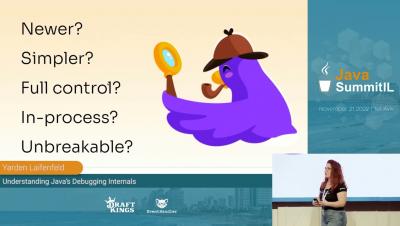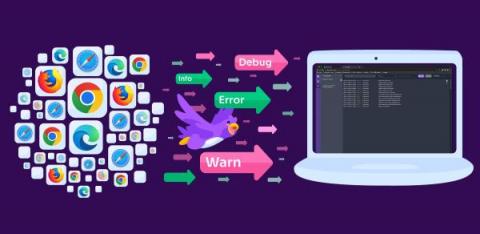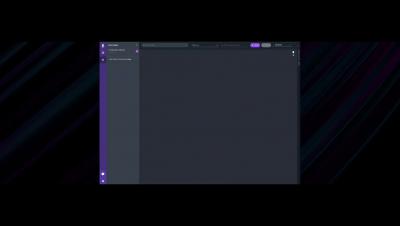Testing Vs Debugging: The Differences You Need to Know!
We know about Testing and Debugging. But what is the difference between these two processes? Why are these two processes essential for software development? In this article, we will find answers to all these questions. You will learn about the features, the tools used in each process, and the types. Did you know Testing and debugging are two essential processes in software development?











